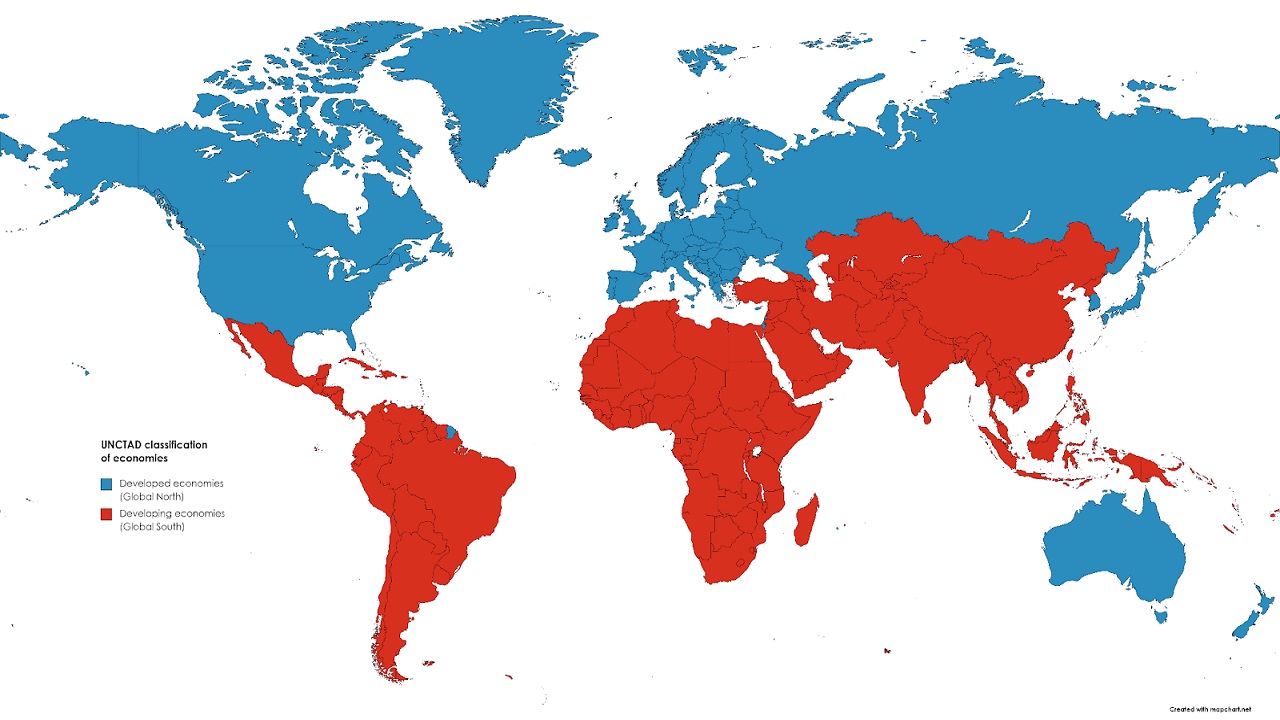UNITED NATIONS CONVENTION TO COMBAT DESERTIFICATION (UNCCD)
Context: The 16th Conference of Parties (COP16) to the United Nations Convention to Combat Desertification (UNCCD), held in Riyadh, Saudi Arabia, recognized the crucial role of indigenous peoples in combating desertification.
Background
- Other COPs, such as those under the United Nations Framework Convention on Climate Change (UNFCCC) and the Convention on Biodiversity (CBD), have already acknowledged the value of indigenous communities’ traditional knowledge in addressing environmental challenges.
Key Takeaways
United Nations Convention to Combat Desertification (UNCCD):
- Purpose: A global agreement to tackle desertification, land degradation, and drought (DLDD) through sustainable land management and ecosystem restoration.
- Established: Adopted in 1994, effective from 1996.
- Secretariat: Based in Bonn, Germany.
- Significance: It is the only legally binding treaty connecting environment, development, and sustainable land management.
Focus Areas:
- Desertification Prevention: In drylands (arid, semi-arid, and dry sub-humid regions).
- Land Degradation Neutrality (LDN): Working towards sustainable land use and recovery.
- Community Engagement: Promoting indigenous and local participation in land management.
Strategic Framework (2018–2030):
- Aligned with the Sustainable Development Goals (SDGs), particularly SDG 15.3, which aims to achieve a land degradation-neutral world.
India and UNCCD
- Ratification: India ratified the convention in 1996.
- Key Role: Hosted COP14 in 2019 in New Delhi.
Indian Initiatives Aligned with UNCCD:
- Desertification and Land Degradation Atlas (2021): A comprehensive mapping of land degradation across states.
- National Action Plan on Climate Change (NAPCC): Combines multiple missions for environmental sustainability.
- National Afforestation Programme: Focused on restoring degraded ecosystems through tree planting and afforestation.
Relevance of Indigenous Communities:
The recognition at COP16 emphasizes that indigenous knowledge and practices are invaluable in combating desertification and promoting sustainable land use, reinforcing their integral role in achieving global environmental goals.




Comments (0)